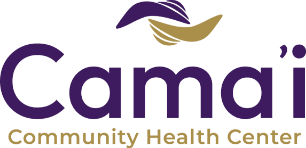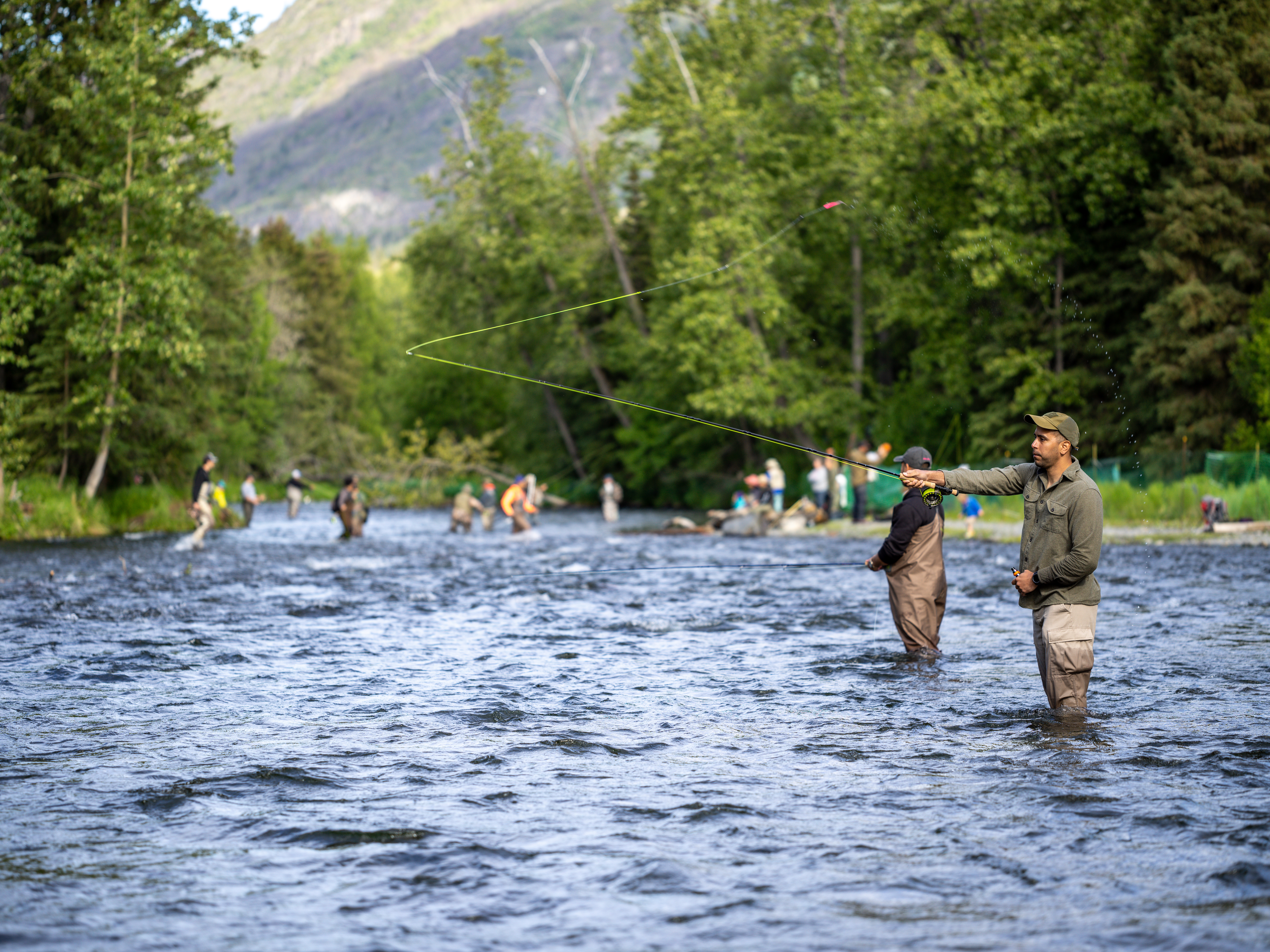Amidst the vast and remote landscapes here in rural Alaska, where our smaller communities are often isolated from mainstream healthcare facilities, residents can face unique challenges when it comes to accessing healthcare services. Despite these obstacles, the people of rural Alaska have cultivated a rich tapestry of traditional knowledge and practices that contribute to longer and happier lives.
At Cama’i Community Health Center, we strive to provide quality healthcare to those living in our remote corner of Alaska. As part of our personalized approach to care, we prioritize close relationships with each individual and the local communities we serve. However, we also know that daily lifestyles in rural Alaska, many of which sustain both family and community, also offer a healthy approach to living life.
In this short guide, we’ll explore seven healthy practices that have been integral to the well-being of Alaskans living in rural areas, enabling many to lead fulfilling lives in harmony with the environment.
Are you in need of primary health services in the Bristol Bay area? Contact Cama’i Community Health Center today to schedule an appointment.
7 Lifestyle Practices for Greater Community Health in Rural Alaska

At Cama’i, we’re always seeking solutions to modern healthcare challenges, but we also draw inspiration from the resilience and wisdom of our own rural and Native Alaskan population. By embracing a lifestyle that honors nature, promotes physical activity, and nurtures strong community ties, we can pave the way to healthier and more fulfilling lives for ourselves and future generations.
The following offers a glimpse into how simple daily living in rural Alaska offers healthcare benefits that encompass not only the physical body — but also the mind, spirit, and connection to our environment.
- Connection to Nature
In rural Alaska, people are deeply connected to nature — often relying on subsistence hunting, fishing, and gathering for sustenance. This lifestyle not only provides a diverse and nutrient-rich diet but also promotes physical activity and mental well-being, as well as a connection to the local environment. Thus, this close relationship with the natural world fosters a sense of community and belonging, which has been linked to improved mental health and reduced stress.
- Physical Activity
The demanding environment of rural Alaska requires physical strength and endurance, and residents typically engage in regular physical activities, such as hiking, dog sledding, and traditional games. This active lifestyle helps maintain cardiovascular health, muscle strength, and flexibility — reducing the risk of chronic diseases such as obesity, diabetes, and hypertension.
- Traditional Diets
The traditional Alaskan diet consists of locally sourced foods like salmon, moose, berries, and root vegetables. These foods are rich in essential nutrients, omega-3 fatty acids, and antioxidants, which boost the immune system, support overall health, and improve health outcomes. For example, some Alaska Native people who embrace their ancestral diet have managed to avoid some of the health issues prevalent in modern societies.
- Community Support
Close-knit rural communities often provide a strong support system for community members, and individuals often rely on one another in times of need. This sense of camaraderie and social support plays a crucial role in mental well-being and has been shown to reduce feelings of isolation and depression. Strong community ties also contribute to greater behavioral health, lower stress levels, and increased happiness.
- Holistic Healing Practices
Traditional healing methods passed down through generations are an integral part of healthcare in rural Alaska. In some native communities, elders and traditional healers use herbal remedies, massage, and spiritual practices to treat various ailments. Correspondingly, the combination of modern medicine and time-tested traditional healing provides a comprehensive approach to healthcare — addressing both physical and spiritual aspects of well-being.
- Cultural Identity and Pride
The preservation of cultural identity and pride in one’s heritage is deeply ingrained in the lives of rural Alaskans. Cultural events, storytelling, and ceremonies play a vital role in maintaining a positive outlook on life. And this cultural continuity fosters a strong sense of belonging and self-worth — contributing to improved mental health and resilience in the face of challenges.
- Adaptability and Resilience
Living in an extreme environment has taught the people of rural Alaska to be adaptable and resilient. And as you can imagine, these qualities are invaluable when facing the uncertainties of life. Despite the hardships they encounter, some Alaskans in rural areas have developed coping mechanisms that enable them to thrive in even the most adverse conditions.
Rural Health Challenges
It’s no secret that living in rural Alaska can be a challenge. After all, in this rugged landscape, traditionally, you had to rely on yourself and others each day in order to survive. But while time and modern technology have brought many advantages to our remote villages, there are still several healthcare challenges that our community faces.
- Limited Access to Healthcare Services: The distance from major medical centers and the lack of adequate healthcare facilities in rural areas make it challenging for residents to access timely and specialized medical care. This can result in delayed diagnoses and treatment for serious health conditions.
- Transportation Difficulties: Harsh weather conditions and the lack of proper transportation infrastructure can impede the ability of individuals to reach medical facilities quickly, especially during emergencies. This can lead to life-threatening situations and limited access to routine medical appointments.
- Mental Health Issues: Isolation, harsh environmental conditions, and limited social support can contribute to higher rates of depression, anxiety, and other mental health disorders in rural Alaskan communities. And the stigma surrounding mental health and the shortage of mental health professionals compound the issue.
- Substance Abuse and Alcoholism: Substance abuse, particularly alcoholism, is a significant concern in some rural Alaskan communities. Social isolation, cultural disconnection, and boredom can also contribute to higher rates of substance use disorders.
- Infectious Diseases: Remote communities can be more vulnerable to infectious diseases due to limited healthcare resources and the difficulty of controlling outbreaks. Additionally, respiratory infections, such as tuberculosis, may be more prevalent in these areas.
- Inadequate Sanitation and Water Supply: Some rural communities may have challenges with access to clean water and proper sanitation facilities, which can lead to a higher risk of waterborne diseases.
- Environmental Hazards: Exposure to extreme weather conditions, natural disasters, and industrial pollutants in rural Alaska can have adverse effects on physical health.
- Limited Health Workforce: Attracting and retaining healthcare professionals in remote areas is often difficult — leading to shortages of doctors, nurses, and other community health aides.
At Cama’i, we’re committed to providing health resources and assistance to our community members. As rural providers, we know the importance of relying on one another to ensure our own health and livelihood. This is why we have essential primary care doctors and behavioral health aides for our community to rely on.
Seeking Primary and Preventive Care at Cama’i Community Health Center
If you or someone you know needs a little help living a happy and healthy life, it’s important to reach out for help or contact health and human services to ensure appropriate support and assistance. After all, we have to take care of each other out here!
At Cama’i, we have behavioral health aides and primary care personnel who are committed to fostering greater public health for residents in our remote community. And we understand how isolation and loneliness can prevent you from living a healthy life. But you don’t have to suffer alone from health ailments with access to our services.
For patients living in rural Alaska, when you come to Cama’i for your healthcare needs, you’ll receive the best care and treatment we can offer. Together, we can help you build a happy and healthy life.
Are you or your loved ones in need of a lifestyle shift or want to live a healthier life? Contact Cama’i Community Health Center today and speak with a care provider.


